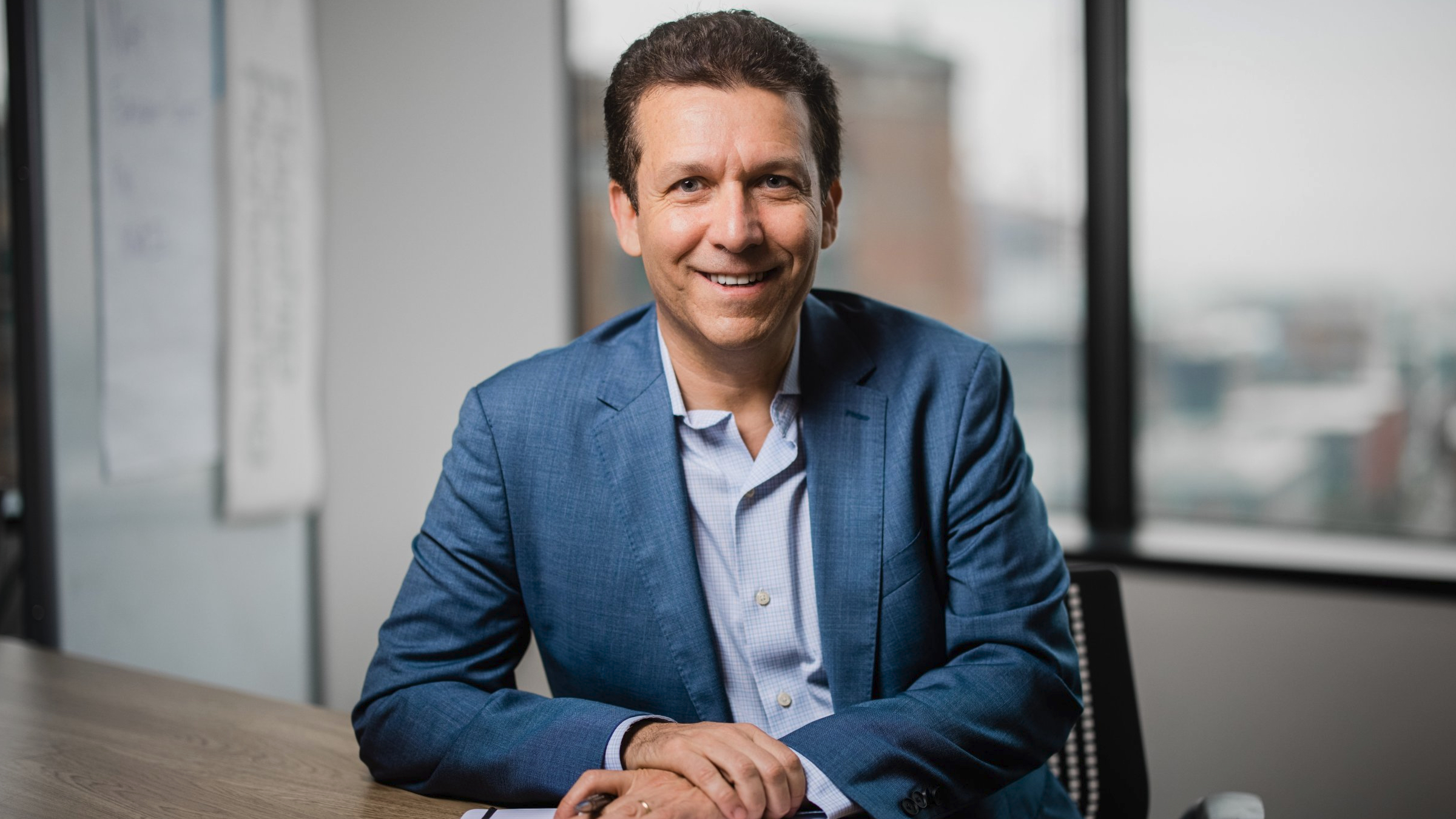
Two years post-merger, Flagship’s Senda refines pipeline and replenishes the bank
Senda Biosciences will look a little different than it did two years ago when Flagship Pioneering unwrapped the bow on the venture, a merger of Senda and Kintai Therapeutics.
Originally home to six preclinical programs with ambitions for treating multiple sclerosis, Parkinson’s, colorectal cancer, chronic kidney disease, obesity and other diseases, the startup is fine-tuning its path and will soon present a clearer scope of its future.
Unlock this article instantly by becoming a free subscriber.
You’ll get access to free articles each month, plus you can customize what newsletters get delivered to your inbox each week, including breaking news.